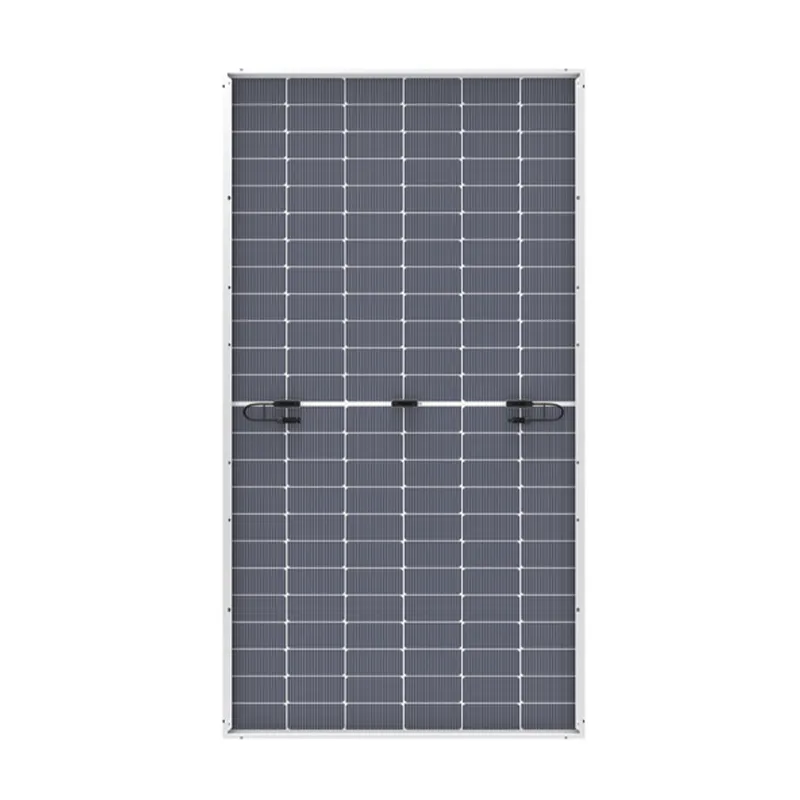Exploring the Benefits and Applications of Innovative Flexible Solar Panel Technology
The Rise of Flexible Solar Panels A Sustainable Future
In recent years, the demand for renewable energy sources has surged, driven by the urgent need to combat climate change and reduce dependence on fossil fuels. Among the various innovations emerging in the solar energy sector, flexible solar panels have attracted considerable attention due to their unique properties and versatility. Unlike traditional rigid solar panels, flexible solar panels are lightweight, portable, and can be integrated into a variety of surfaces, which makes them a game changer for both residential and commercial energy solutions.
What Are Flexible Solar Panels?
Flexible solar panels are made using advanced materials such as thin-film photovoltaics, which allow them to be manufactured in flexible formats. This technology enables them to be seamlessly integrated into different applications, from clothing and backpacks to car roofs and building facades. The main types of flexible solar panels are organic photovoltaics (OPV), cadmium telluride (CdTe), and copper indium gallium selenide (CIGS). Each type has its unique benefits, such as improved efficiency or lower production costs, catering to various energy needs.
Advantages of Flexible Solar Panels
1. Lightweight and Portable One of the most significant advantages of flexible solar panels is their lightweight nature. Unlike traditional solar panels, which can be heavy and cumbersome, flexible panels can easily be transported and deployed in remote locations or for temporary setups. This characteristic is particularly valuable for outdoor enthusiasts, disaster relief efforts, and military applications.
2. Adaptability Flexible solar panels can be installed on a variety of surfaces, including curved or irregular shapes, which are often unsuitable for conventional panels. This makes them ideal for integration into buildings, vehicles, and even wearable technology. Their adaptability opens up new possibilities for generating solar energy in spaces previously thought impractical.
flexible solar panels

3. Aesthetic Appeal Traditional solar panels can be seen as bulky and unattractive. Flexible solar panels come in various designs and colors, enabling more aesthetically pleasing installations. This is particularly important for urban environments where the integration of renewable energy solutions must be balanced with architectural considerations.
4. Cost-Effectiveness While the initial investment in any solar technology can be significant, flexible solar panels often have the potential to reduce costs associated with installation and structural support. Their lighter weight can decrease the need for heavy-duty mounting systems, thereby lowering overall project expenses.
Challenges and Future Prospects
Despite their many advantages, flexible solar panels still face significant challenges. Generally, they tend to have lower efficiency rates compared to traditional silicon panels, meaning they produce less energy per square meter. Additionally, their longevity can be an issue; while advancements are being made, some flexible panels may not last as long as conventional options.
However, ongoing research and technological advancements hold promise for the future of flexible solar technology. Scientists are exploring new materials and manufacturing processes that could enhance efficiency, durability, and cost-effectiveness. As these innovations come to fruition, flexible solar panels could play a crucial role in decentralized energy systems, allowing individuals and communities to harness solar power in a more accessible and practical way.
Conclusion
Flexible solar panels represent a significant leap forward in solar technology. Their lightweight, portable, and adaptable nature positions them as a vital component in the transition to a more sustainable energy future. As innovations continue to enhance their performance and lower costs, flexible solar panels could become a dominant force in the renewable energy landscape, empowering people worldwide to generate their own clean energy and contribute to a healthier planet.
-
Navigating Off Grid Solar Inverter: From Use Cases to Trusted PartnersNewsAug.05,2025
-
Solar Edge String Inverter: A Wholesaler’s Guide to Inverter Technology SelectionNewsAug.05,2025
-
Microinverters: Revolutionizing Solar Energy UseNewsAug.05,2025
-
Future of Monocrystalline Solar Panel Efficiency: Latest Technological AdvancesNewsAug.05,2025
-
Solar Panels for House: A Complete Guide to Residential Solar EnergyNewsAug.05,2025
-
Panel Bifacial Performance in Snow and Low-Light ConditionsNewsAug.05,2025







